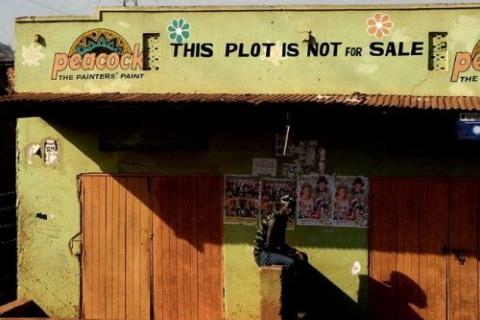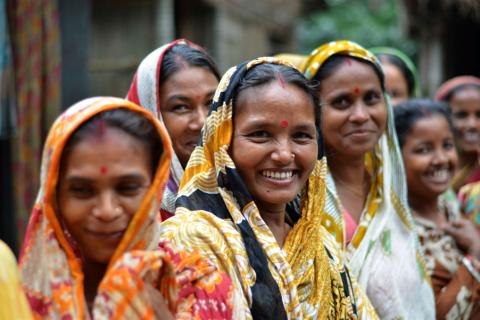Behind high-rise buildings and skyscrapers hides poverty and inequality in urban Angola
Will skyscrapers one day represent the prosperity that every Angolan citizen has dreamed about? Perhaps.
From the Middle East to North America, high-rise buildings and skyscrapers are cropping up as a symbol of wealth and prosperity in global cities. Modern Africa has experienced unprecedented urban growth and embraced zoning regulations and reforms that incentivize high-density growth and mixed-use buildings in major metropolitan areas.
During my recent trip to Luanda, the capital of Angola, the first thing that caught my attention was the city’s skyline.











